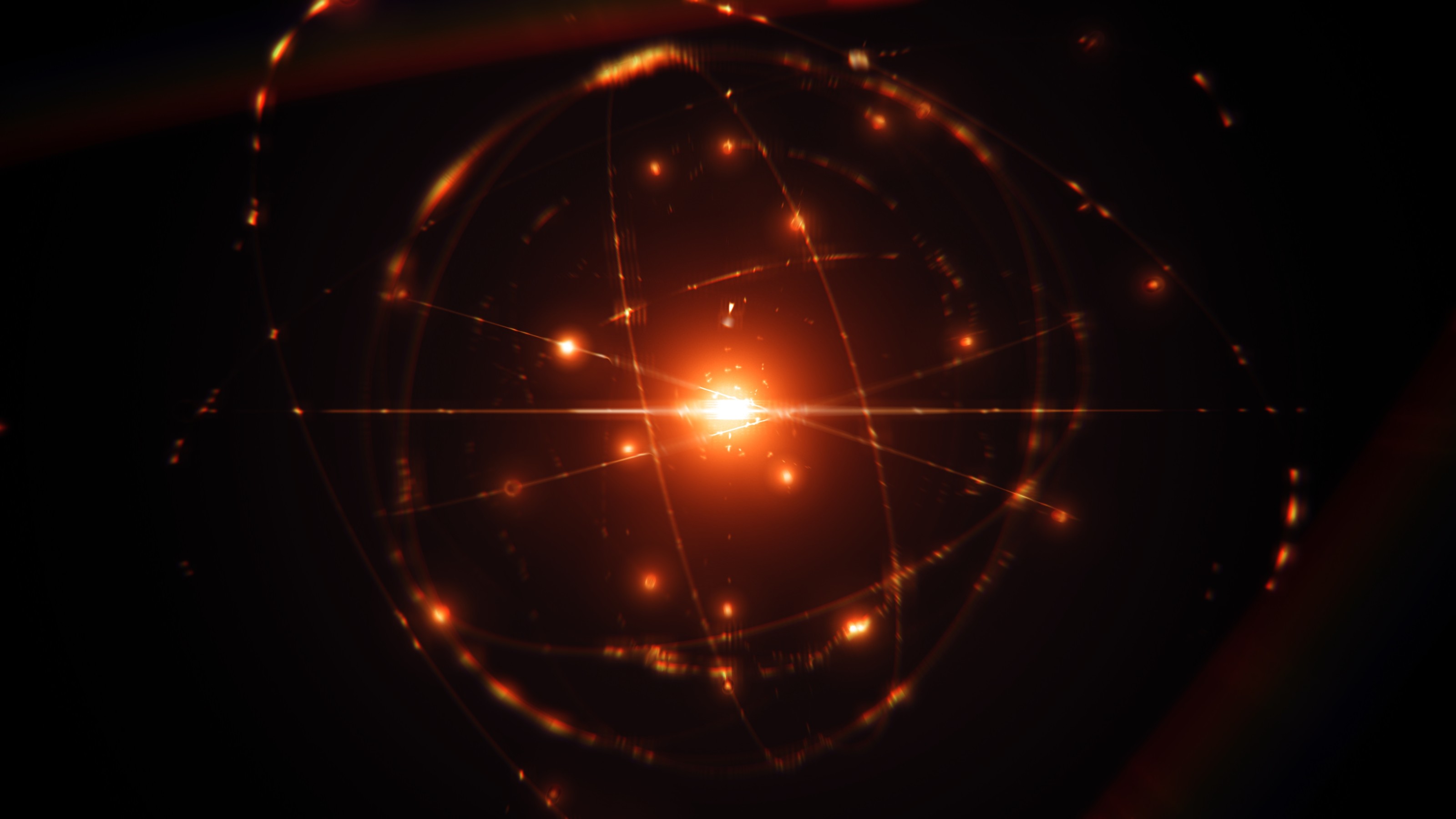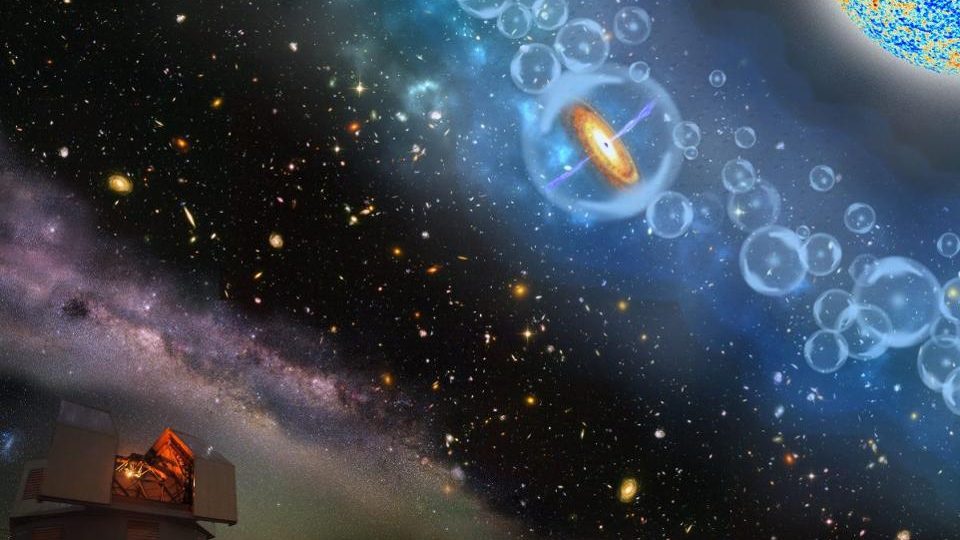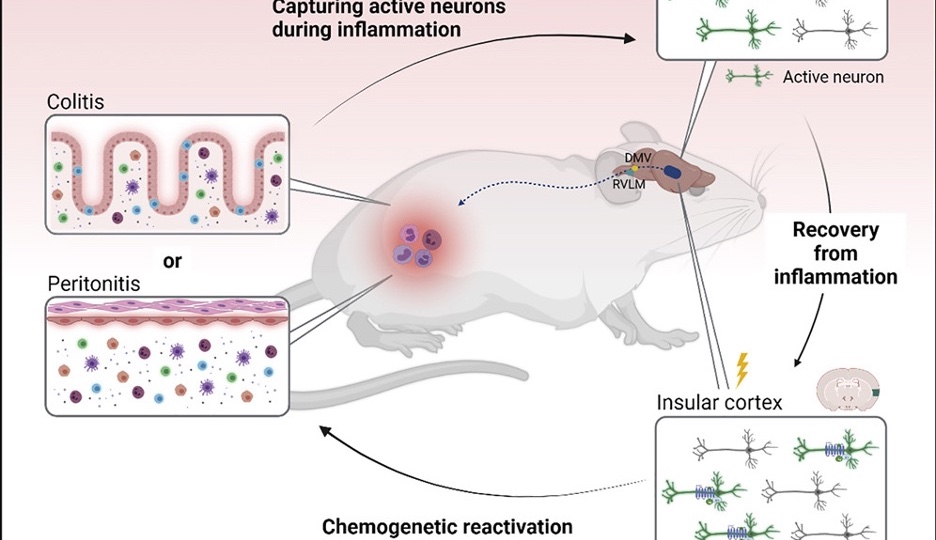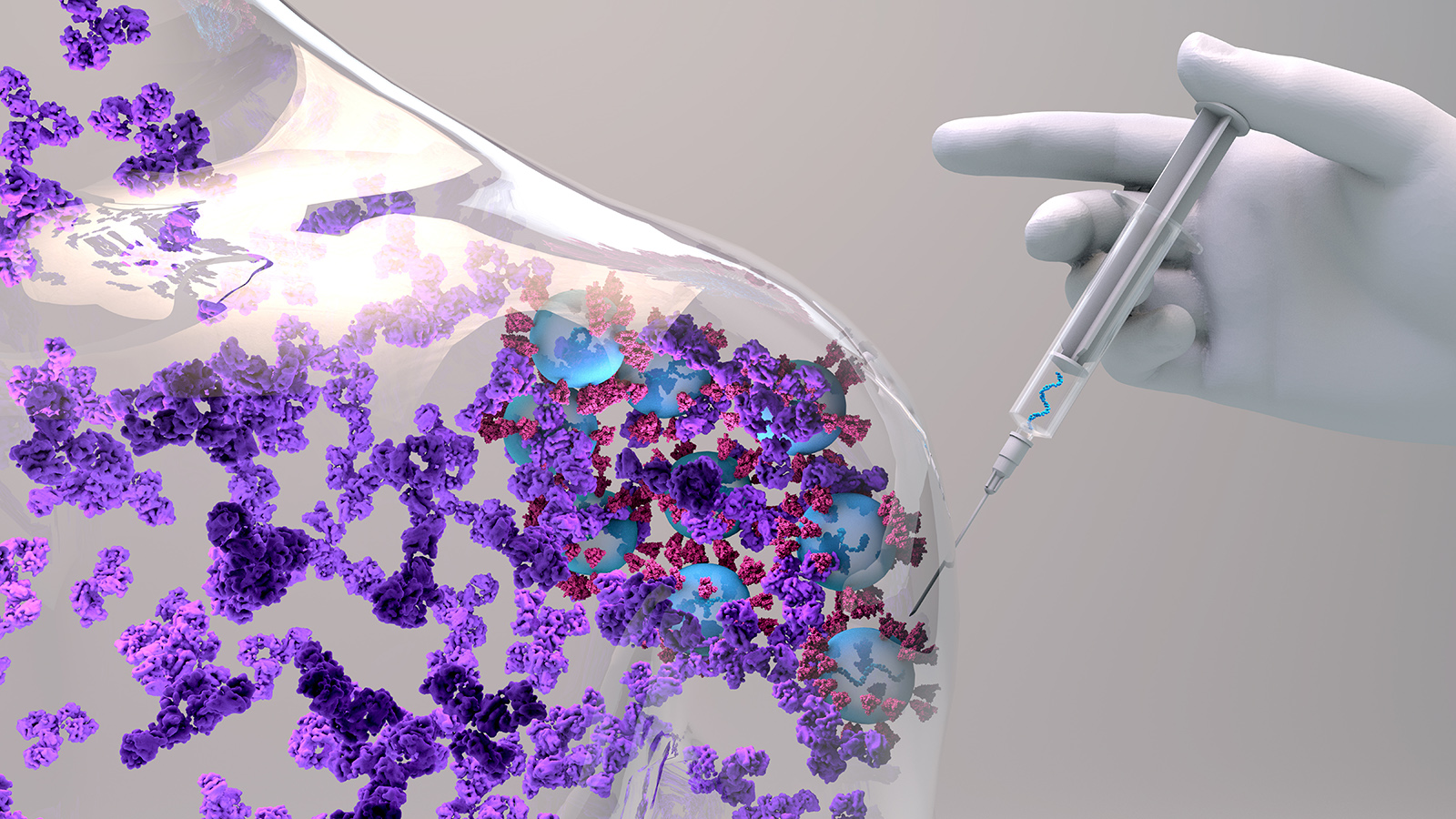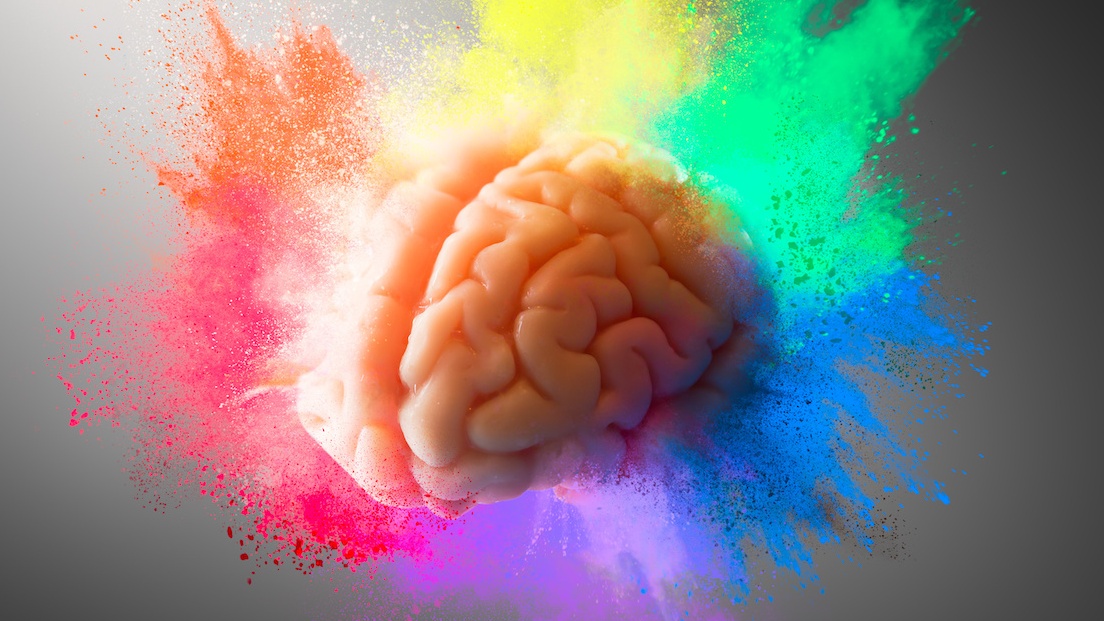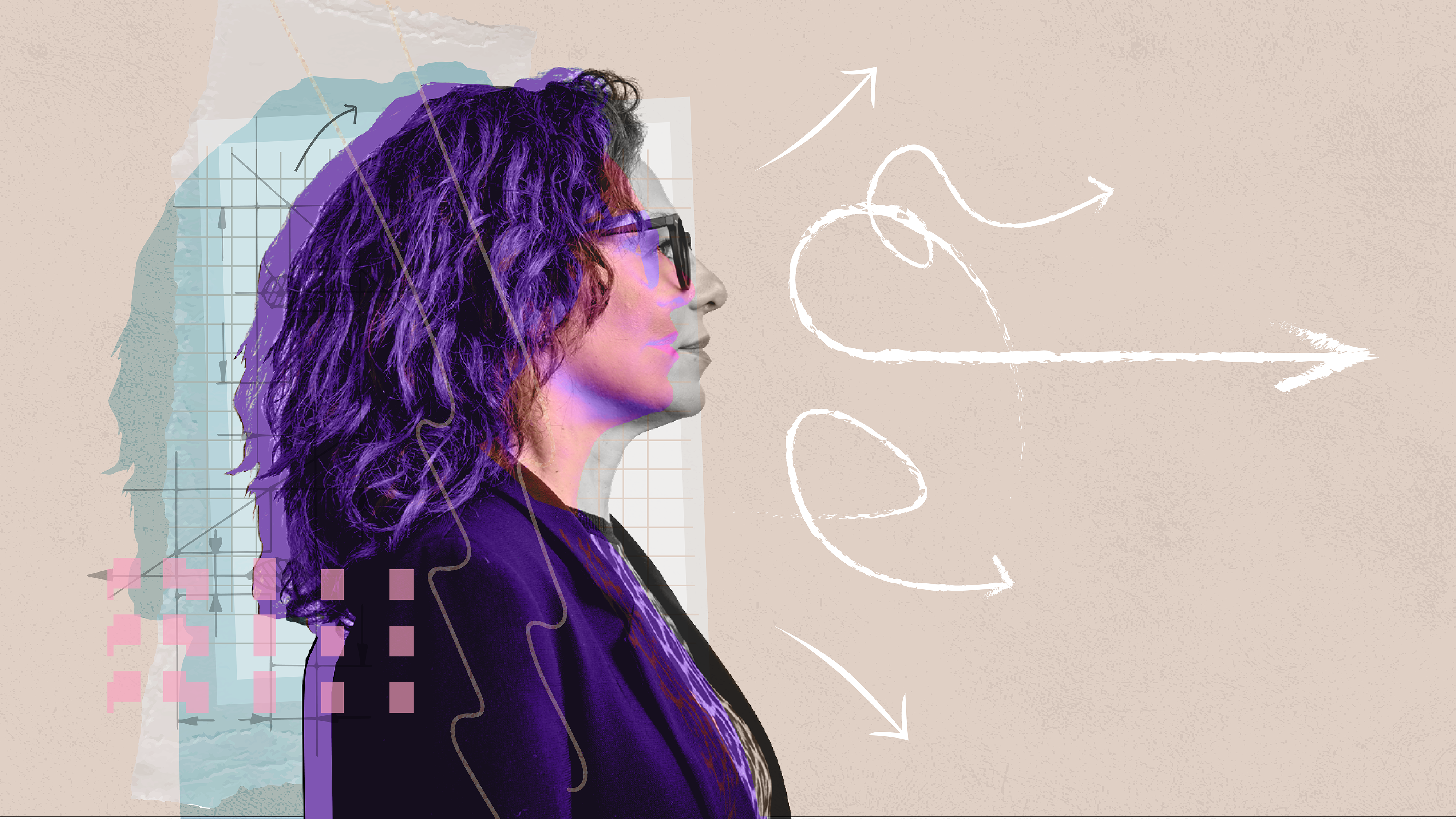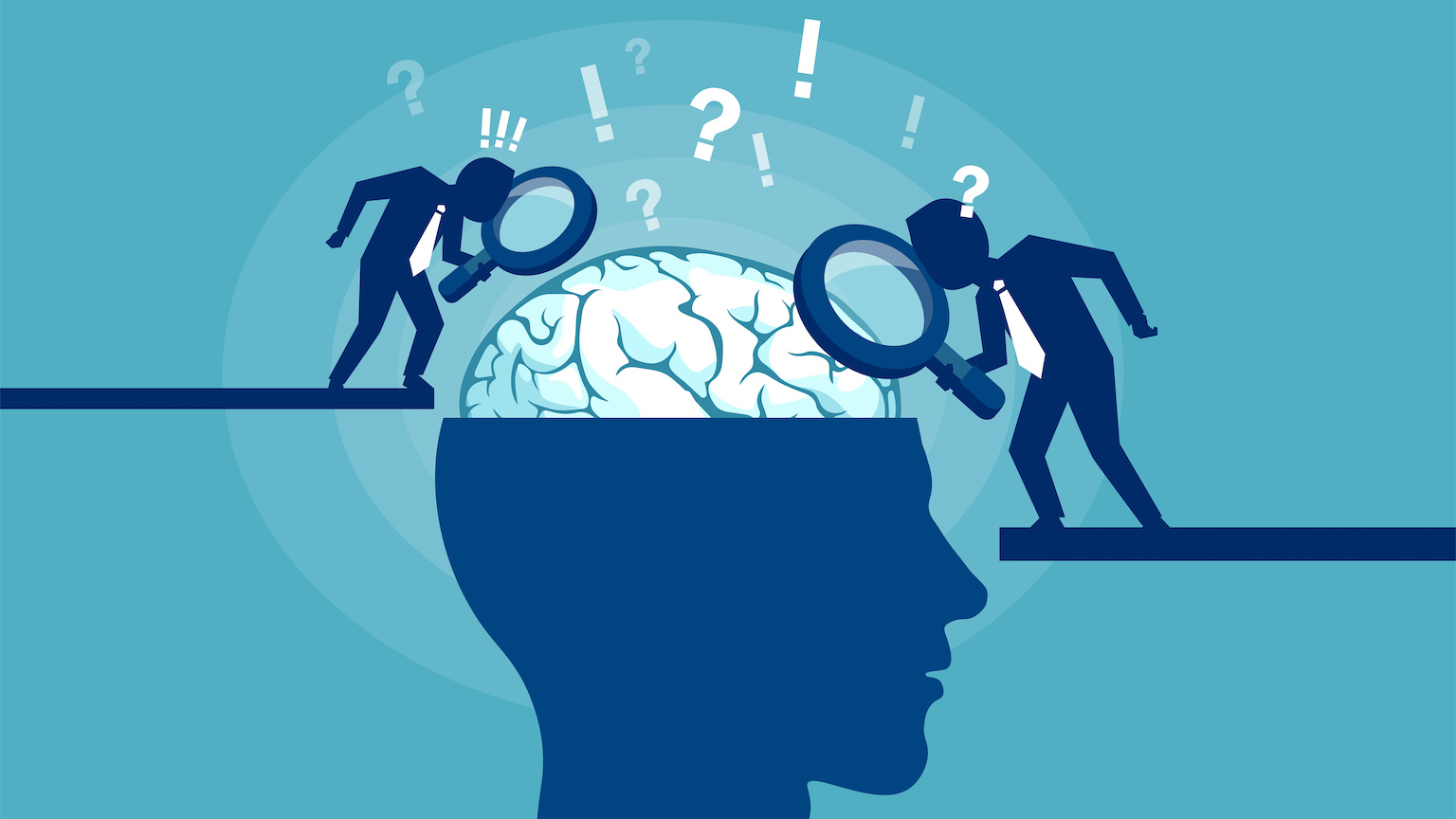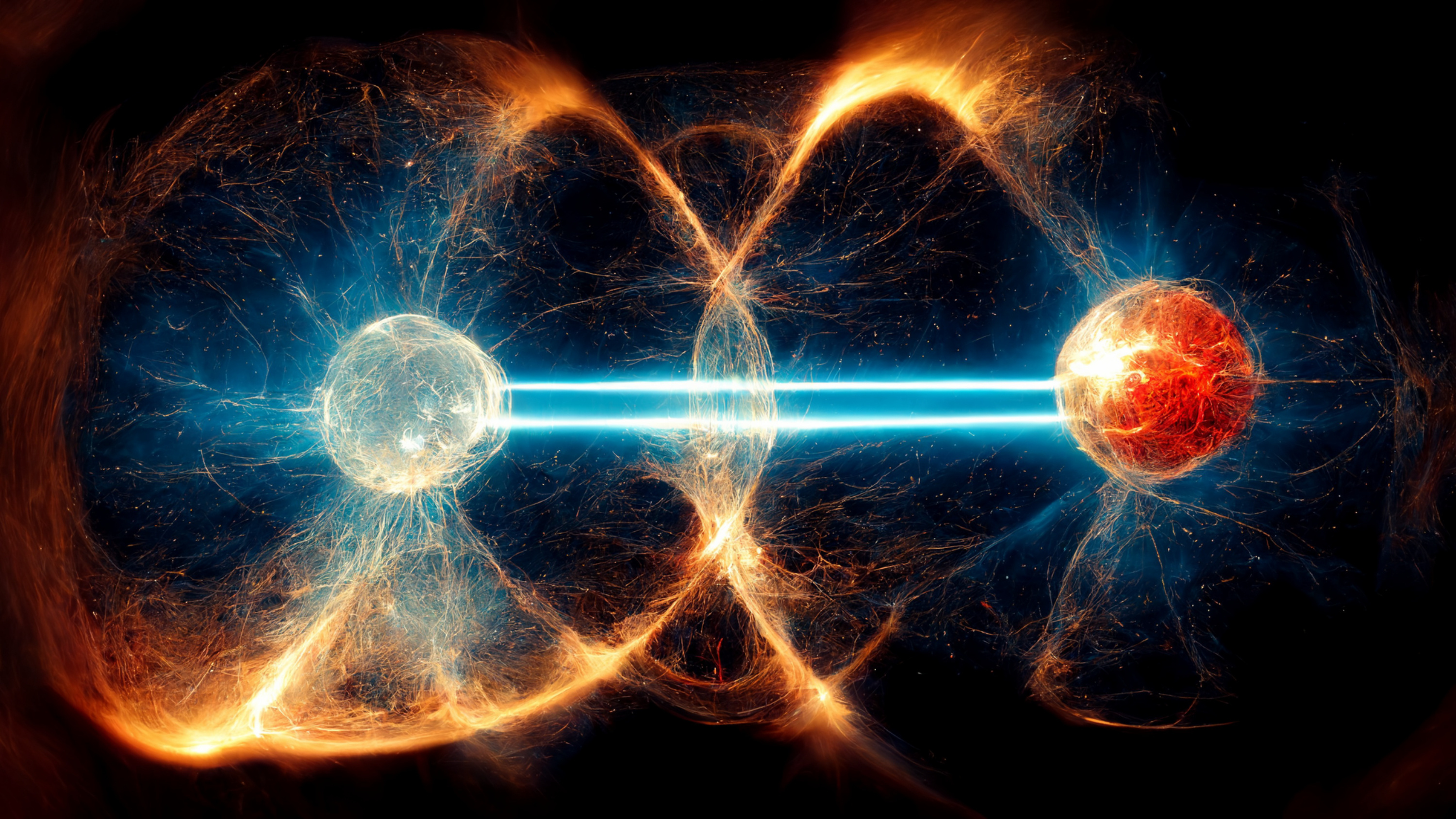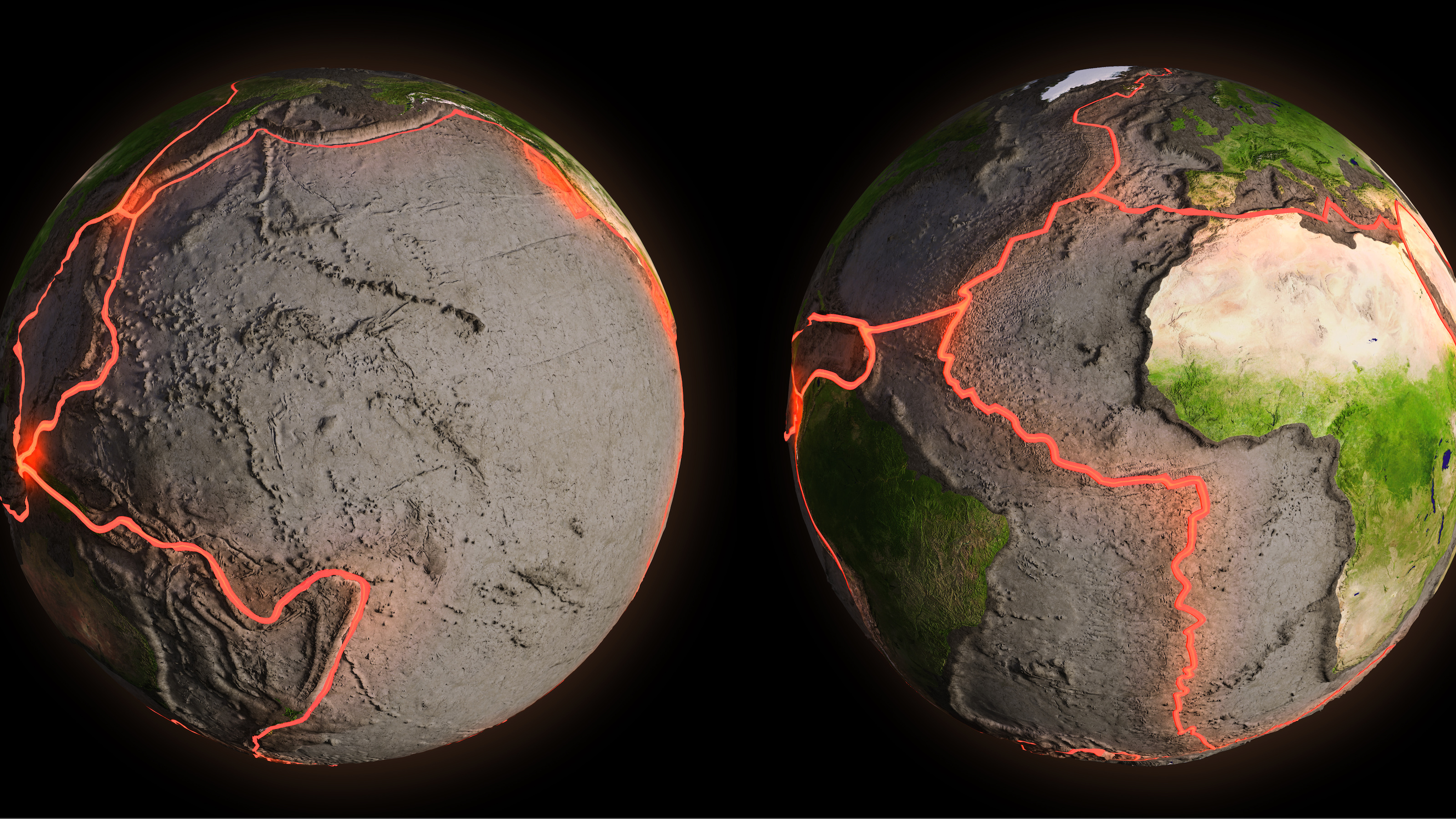People admire complexity. Many attribute it to the work of superior minds, those with the skills or intelligence to wrangle challenging ideas into a workable—if not always comprehensible—whole. This esteem […]
Search Results
You searched for: Systems
It’s far less likely to wander into bizarre lies, emotional rants, and manipulative tangents.
A Fermilab study confirms decades-old measurements regarding the size and structure of protons.
To answer any physical question, you must ask the Universe itself. But what happens when the answers aren’t around anymore?
Company culture is always evolving — sometimes for the worse.
Listening to some songs can cause a powerful physiological response known as “frisson.” What is it, and why does it happen?
The brain appears to remember immune responses, and memories can trigger them to happen again. This might explain some psychosomatic illnesses.
The COSMOS-Web has just finalized their release of their full field: larger and deeper than any other JWST program. Here’s what’s inside.
A new wave of preventative cancer vaccines are set to begin trials.
With stars, gas, and dark matter, galaxies come in a great array of sizes. This new one, Ursa Major III/UNIONS 1, is the smallest by far.
Photons come in every wavelength you can imagine. But one particular quantum transition makes light at precisely 21 cm, and it’s magical.
Science writer Matt Ridley joins us to discuss how “Darwin’s strangest idea” makes us all a bit feather-brained (in a good way).
Nuclear fusion has long been seen as the future of energy. As the NIF now passes the breakeven point, how close are we to our ultimate goal?
A common weed uses uncommon types of photosynthesis.
Only have sex with a person you love — a novel concept!
The ‘reasonable person’ represents someone who is both common and good.
Humanity is never fully in control of its creations. This lesson from Mary Shelley has remained relevant for over 200 years.
It’s like combining Google Translate with a time machine.
Successful alpha leadership is more about caring and healing than dog-eat-dog supremacy.
About the project The goal of driving more progress across the world—scientifically, politically, economically, socially, etc—is one shared by many. And yet, debates about the best way to maximize progress […]
The base rate fallacy may help to explain low reproducibility in various fields of science.
Why do you feel, think, and behave in the ways you do? Here are five frameworks psychologists use to answer those questions.
When we divide matter into its fundamental, indivisible components, are those particles truly point-like, or is there a finite minimum size?
The primary causes of global climate change are all due to human activity. Adding aerosols to our atmosphere only exacerbates the problem.
Many capabilities contribute to effective change leadership, but four stand out as vitally important at a macro level.
Retrofitting America’s aging dams for hydropower — while removing ecologically harmful ones — may be a productive path forward.
Protein fibrils accumulate in the brain during neurodegeneration. Cryo-electron microscopy has now uncovered fibrils of an unexpected protein.
It isn’t just identical particles that can be entangled, but even those with fundamentally different properties interfere with each other.
First discovered in the mid-1960s, no cosmic signal has taught us more about the Universe, or spurred more controversy, than the CMB.
The cycles of life all rely on the dynamism of the Earth’s crust.


